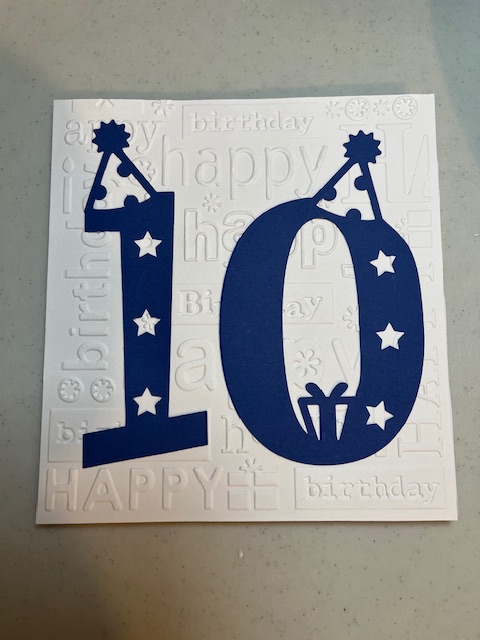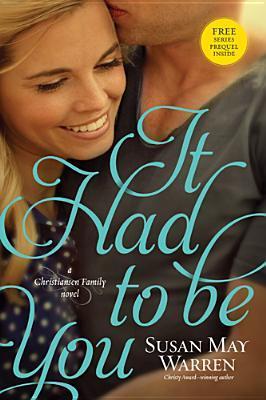There are some months I’m glad to finish. January is one, especially this year. But I am not so eager to get through April. I’ve loved the more moderate temperatures between the cold of winter and heat of summer. And seeing the landscape fill with color and life again is heartening.
Nevertheless, time marches on!
Family
Someone asked Jim recently if he had adjusted to retirement. He said there always seemed to be plenty to do, and much of it was a lot more physical than his regular job.
Jim, Jason, Mittu, and Timothy went camping right at the end of last month. Jesse and I joined them for lunch and dinner one day.
Then Jim, Jason, and Timothy drove to OH to see the eclipse. Jeremy, in RI, drove to Montreal for the same reason and made a weekend of it, exploring the city. Cloud cover prevented our seeing much here in Knoxville, but I caught a brief glimpse through a break in the clouds. We were all texting each other leading up to and during the eclipse.
We celebrated Timothy’s tenth birthday. It’s hard to believe it’s been ten years since he entered the world as a 3 lb. preemie. Now he’s almost as tall as I am.
The lowest part of the month was a tooth extraction for me. But the procedure and recovery went much better than expected.
Overall, we had a nice blend of activities and rest, and enjoyed dinners at each others houses and other get-togethers. We also enjoyed a school play of “Winnie the Pooh” and dinner at a Mexican food restaurant afterwards.
Creating
I only made one card this month, for Timothy’s birthday:
The “Happy birthdays” were embossed with the Cuttlebug. The 10 was made with the Cricut machine.
Watching
Jim and I watched Damsel on Netflix, kind of a twist on the fairy tale trope. It starts like a fairy tale: a king running out of money arranges for his oldest daughter to marry the prince of a neighboring kingdom. The prince seems nice enough, so the daughter agrees. The stepmother (not evil this time) senses something wrong and tries to advise against the marriage, but she doesn’t have any concrete reason enough to stop it. I won’t spoil the twist, but the “damsel in distress” ends up having to rescue herself. We started watching it mainly because we liked Millie Bobby Brown so much in the Enola Holmes movies as Sherlock Holmes’ little sister. An added treat was that the queen was played by Robin Wright, who was Buttercup in The Princess Bride. Damsel was a little heavy on the girl-power theme, and gory in a few spots (which you’d expect when fighting dragons). But overall we enjoyed it.
One night when was Jim was camping, I watched the Barbie movie, mainly due to nostalgia. Barbies were my main toys. In fact, my family nickname is Barbie. I thought that came from the doll until I learned she came on the market when I was four. So maybe Barbie was a common nickname then.
I had one of the iconic first Barbies in the black and white striped swimsuit. If I still had it now, it would probably be worth a lot of money! But I gave all of that stuff to my four sisters, so I’m sure none of it survived all those years.
Since I was on the early end of the Barbie craze, I was totally unaware of all the variations and accessories that came later.
The film had a couple of offensive comments. And there was a heavy feminist slant.
But there was also an underlying theme about become “real” (although the narrator had a funny line about trading the plastic of Barbieland for the plastic of L.A., so maybe not totally real after all).
The worst and most disturbing part, to me, was the opening scene, Little girls playing “house” with their baby dolls until the new large-than-life Barbie arrives on the scene. Then they start crashing their baby dolls against the ground while a smiling Barbie looks on, to the tune of the opening music of 2001: A Space Odyssey. I’d never seem that movie, but I’ve read it opens in a similar way: an ape-like creature using another creature’s thigh bone to smash the other bones in the desert. I read somewhere that this was supposed to show that one of the first steps of evolution was to create a weapon. Then the next scene showed a space ship, which, I suppose, is meant to show how far man had evolved. But since I’ve heard that the ship computer goes rogue, maybe it’s saying that man hasn’t evolved very far after all, for all his neat inventions. Or else AI’s next step in evolution is creating a weapon (a scary thought).
Not knowing all that, Barbie’s opening scene seemed at first like an anti-motherhood rant (although later a character concedes that motherhood is okay of that’s what you want). But maybe it’s just meant to show that girls “evolved” beyond baby dolls to more grown-up dolls. I read a comment that this scene was also supposed to show that when Barbie came on the scene, she “smashed” the baby doll industry (although during my entire life, I have always seen baby dolls still for sale).
Also, after the “It’s so hard to be a woman” speech, I thought someone could write how hard it is to be a man in this era as well, especially one in Barbieland.
Anyway. . . enough Barbie philosophizing. 🙂
Reading
Since last time I finished:
- Be Comforted (Isaiah): Feeling Secure in the Arms of God by Warren Wiersbe, nonfiction. Good.
- Isaiah for You: Enlarging Your Vision of Who God Is by Tim Chester, nonfiction. Good.
- Create: Stop Making Excuses and Start Making Stuff by Stephen Altrogge, nonfiction, okay. Good information, but I’ve read other books like this that I enjoyed more.
- Jesus, Keep Me Near the Cross: Experiencing the Passion and Power of Easter compiled by Nancy Guthrie, nonfiction, a reread.
- A Noble Scheme by Roseanna M. White, fiction, audiobook. The second in Roseanna’s Imposter series about aristocratic private investigators. This one focuses on forgiveness and grief. Very good.
- Always on My Mind by Susan May Warren, fiction, audiobook.
- The Wonder of You by Susan May Warren, fiction, audiobook.
- You’re the One that I Want by Susan May Warren, fiction, audiobook.
- I Really Do Miss Your Smile by Susan May Warren. fiction. All of these by Warren were from the Christiansen family series. It’s not that I was on a Susan May Warren kick all of a sudden. But the audiobooks were free for a time, so I wanted to get through them. They reinforced to me that romances are not my favorite genre. However, even though I did get tired of the “romancy” parts, I thought some great truths were brought out.
- Whose Waves These Are by Amanda Dyles, fiction. After a man loses his twin brother to WWII, he sends out a poem asking for people to send rocks of remembrance. Several years later, his great niece comes when he is in a coma and wonders what all the rocks are for. I loved this book set in a main coastal fishing village. I’m sure it will be one of my top ten of the year.
I’m currently reading:
- Be Satisfied (Ecclesiastes): Looking for the Answer to the Meaning of Life by Warren W. Wiersbe, nonfiction
- The Lazy Genius Way: Embrace What Matters, Ditch What Doesn’t, and Get Stuff Done by Kendra Adachi, nonfiction
- Lenten Lands: My Childhood with Joy Davidman and C. S. Lewis by Douglas H. Gresham, nonfiction
- Now and Then and Always by Melissa Tagg, fiction, audiobook
- Yours Is the Night by Amanda Dykes, fiction
Blogging
Besides the weekly Friday Fave Fives, Saturday Laudable Linkage, and book reviews, I’ve posted these since last time:
- The Tomb Is Empty That We Might Be Filled
- A Gradual Dawning
- Who Was Isobel Kuhn? (one of my heroes)
- Don’t Just “Don’t“
- When People Don’t Understand
- Frustrated with God?
Writing
Our critique group will finish its current round through everyone’s turn presenting this week, and we’re gearing up to start a new round.
I did actually get some writing/revising in last month! I hope to do more in the future.
How was your April?
(I often link up with some of these bloggers.)











